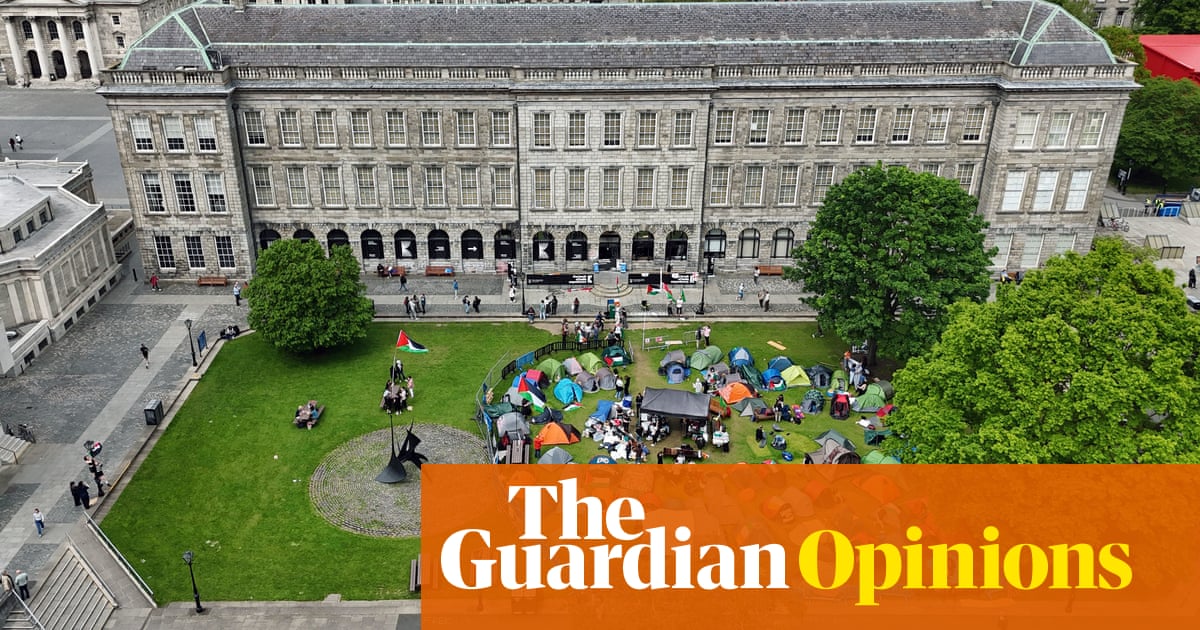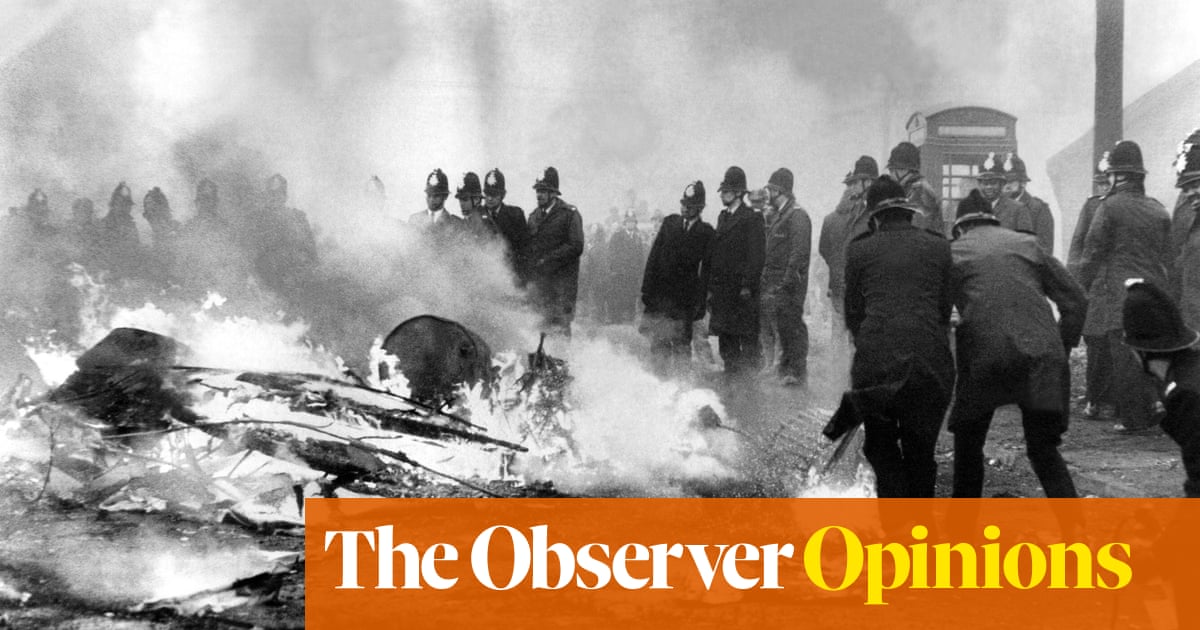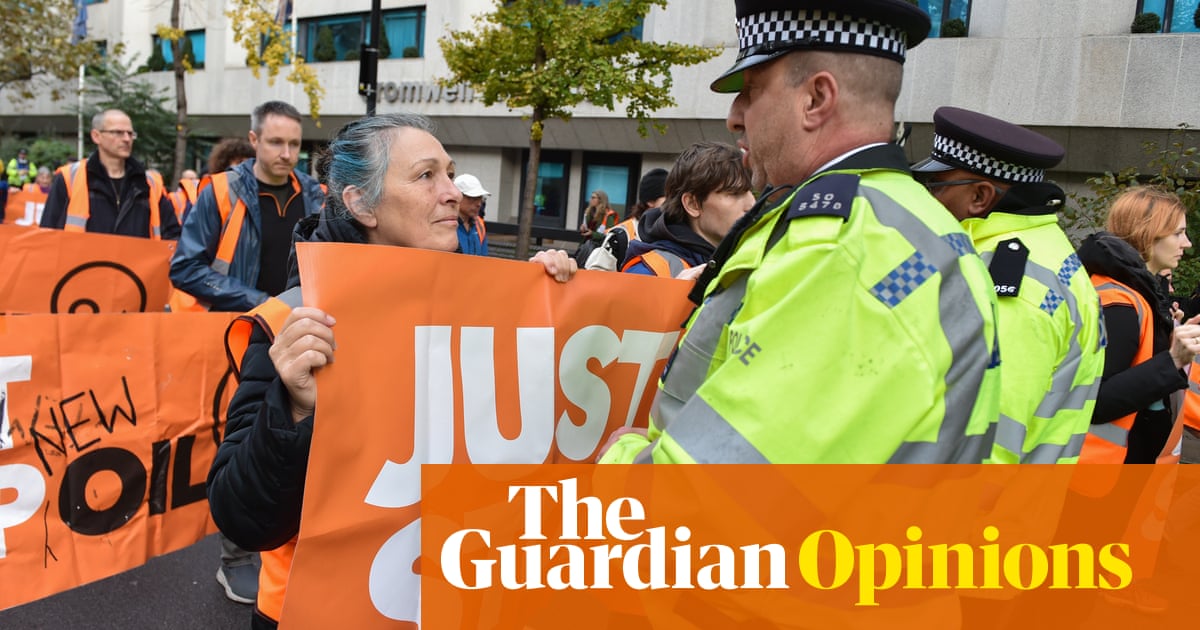
“Unless we take urgent action, we will get 3C hotter,” Boris Johnson told the UN climate talks in 2020. “As a country … we must now act.” The former prime minister’s words were a rallying cry to galvanise the government into taking action on global heating.
Johnson’s administration had been under heavy fire for its lacklustre approach to the climate crisis. But fast forward a year to Cop26, and not much had changed. Johnson’s appearance was criticised as much as his policies; he was described as “a clown” after comparing the climate emergency to James Bond wrestling with a ticking bomb. His comments were in keeping with the travelling circus act that he has been performing ever since he first entered politics – even the future of the world was a joke.
The government’s target of net zero emissions by 2050 and its plan to phase out petrol-powered vehicles by 2035 were certainly a steer in the right direction. But Johnson’s pledges – and his words – proved meaningless.
Long before he was ousted as Conservative leader, his energy security strategy fell flat; originally promised for March this year, it was delayed by weeks. The final product failed to deliver on the government’s original promises to confront rocketing energy bills and transition away from fossil fuels. Instead, Johnson promised investment in offshore windfarms and new nuclear plants, the benefits of which won’t be felt for years.
In September, the UK missed its deadline to pay nearly $300m to the developing countries hit hardest by the climate crisis, from Honduras to Afghanistan to Ethiopia. The money was pledged at Cop26, where poorer nations, gripped by floods, droughts and rising sea levels, had called for $100bn of financial aid. The global south has been plagued by climate-induced disasters, the likes of which the western world has yet to experience. India, for example, has witnessed a climate-induced disaster almost every day so far this year.
But it is these beleaguered countries that have been urged to halt their industrial development and switch to greener means in order to curb climate change, despite western powers’ prolific use of fossil fuels. After years of lecturing India, China, Indonesia and other members of the developing world about coal dependence, the UK – and Europe – is now turning to coal-powered generation to see it through the impending energy crisis caused by the Ukraine-Russia war. A blistering, shameful irony that only betrays how ill-prepared we really are for a clean energy future. And to add insult to injury, the government recently offered new licences to drill in the North Sea.
The UK’s dire lack of action on the impending climate catastrophe has been compounded by a revolving door of prime ministers. Many breathed a sigh of relief when Liz Truss – who expressed scepticism about the ambitious action needed to meet net zero goals, wanted to suspend green levies and moved to overturn a ban on fracking, among various other climate faux pas – handed in her notice.
And, perhaps most egregious of all, were the reports that Truss advised Prince Charles, a veteran campaigner on environmental issues so committed to the cause that he was once dismissed as a plant-talking oddball, to stay away from Cop27.
Heading into Cop27, a new leader for the country could have heralded a fresh start. But Rishi Sunak’s initial decision not to attend this year’s talks because he was too focused on the domestic economy exposed exactly where the new government’s priorities lie. An insular approach to climate change is absolutely the wrong one. Turning inwards and focusing on self-interests is what got us here in the first place.
Sadly, Sunak’s U-turn comes too late. We have already glimpsed behind the veil, along with the rest of the world. “It seems as if they are washing their hands of leadership,” remarked Belize’s ambassador to the UN, Carlos Fuller.
The world will not forget the prime minister so publicly prioritising his home turf over the world’s most pressing issues. What the UK needs – what the world needs – is to turn ambition into action, and to pursue a global approach to tackling the crisis.
It is now abundantly clear that we are not going to meet the 1.5C target for global heating agreed by western leaders with such conviction at the historic Paris climate talks in 2015. And, as David Attenborough said during his Cop26 speech, we have now reached a stage of “desperate hope”.












